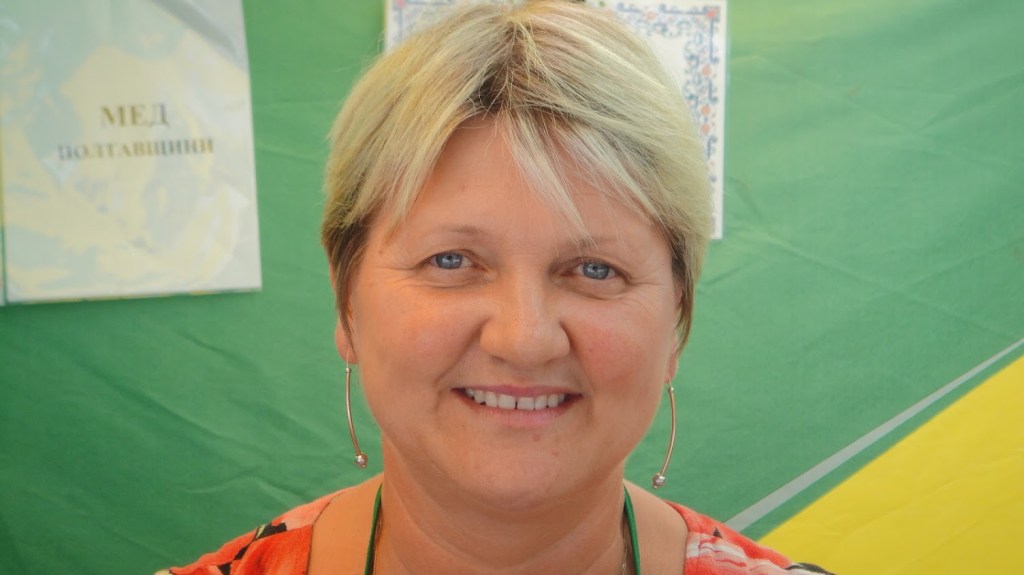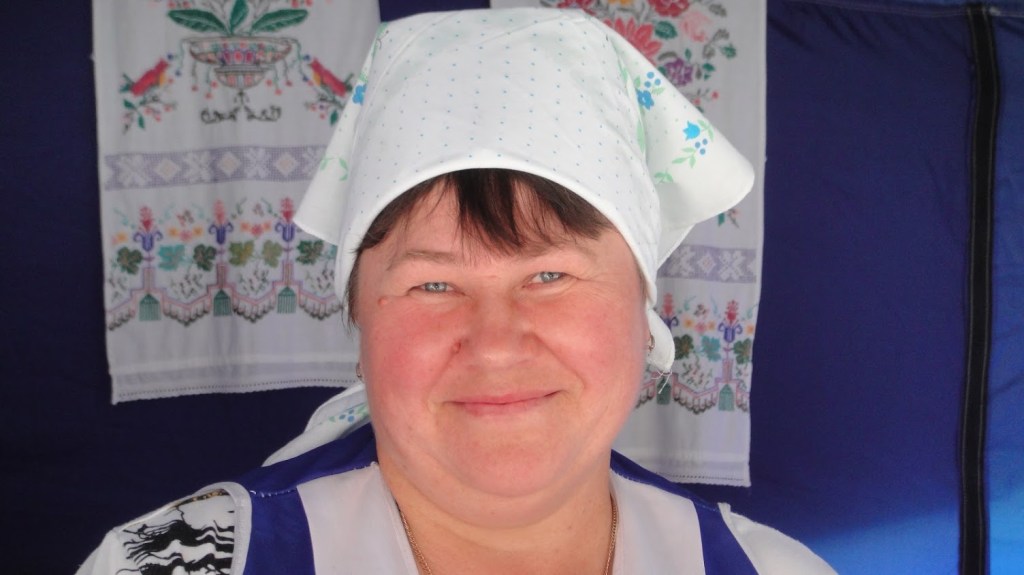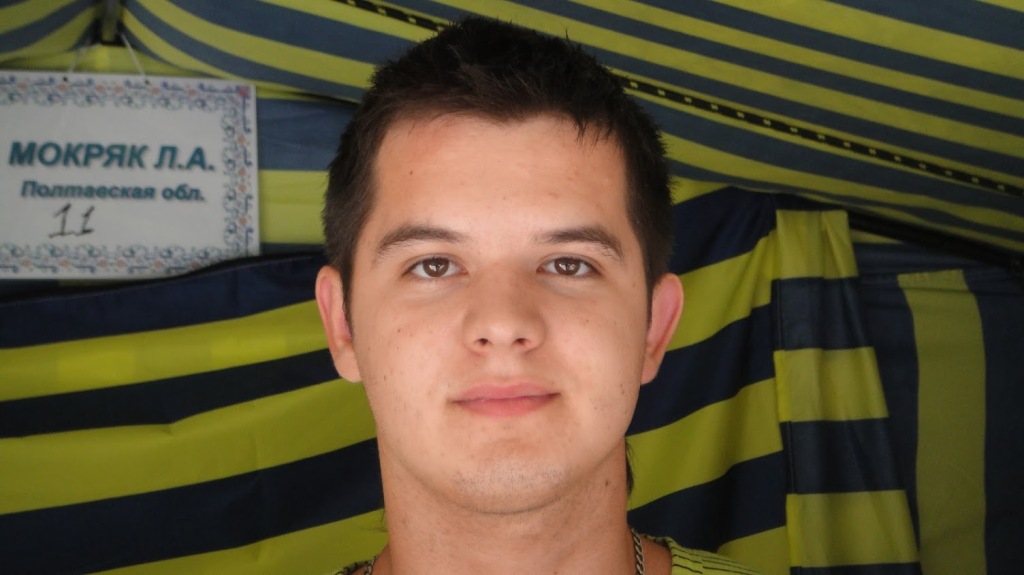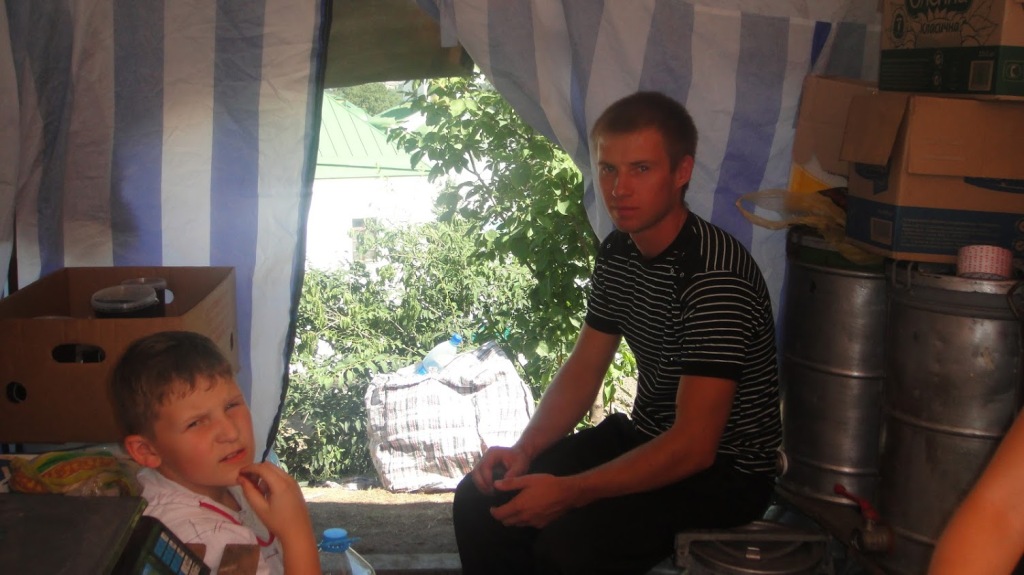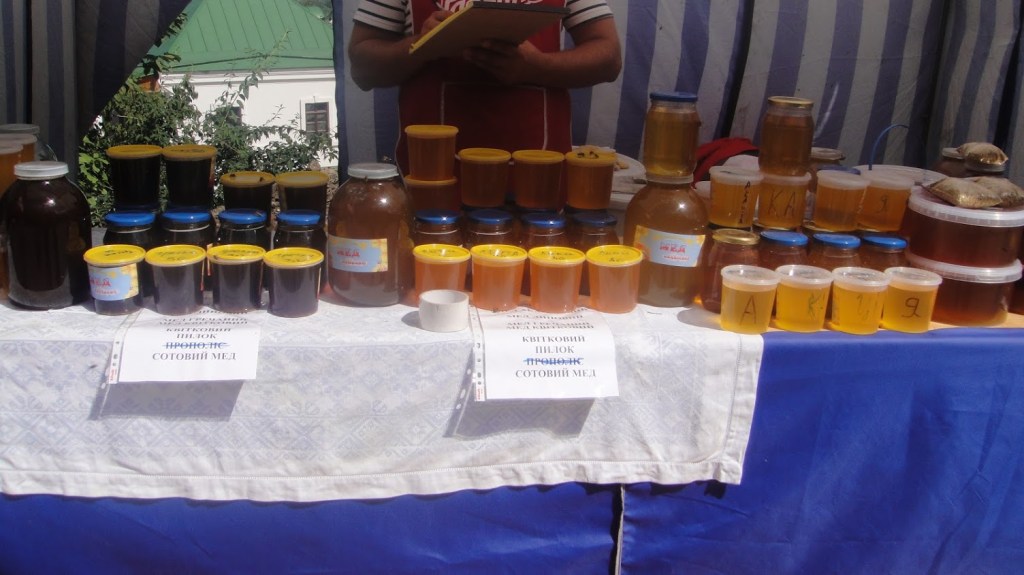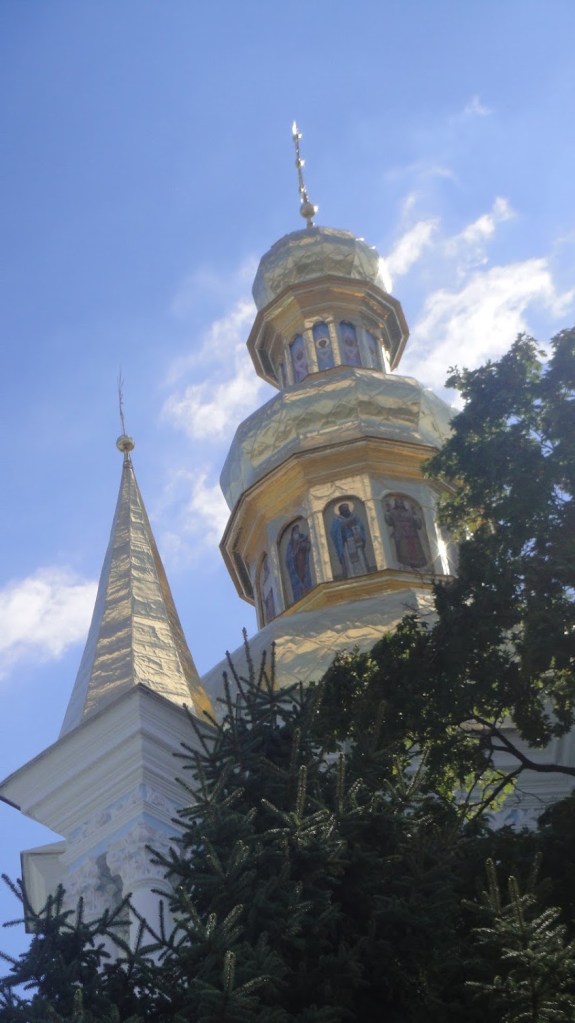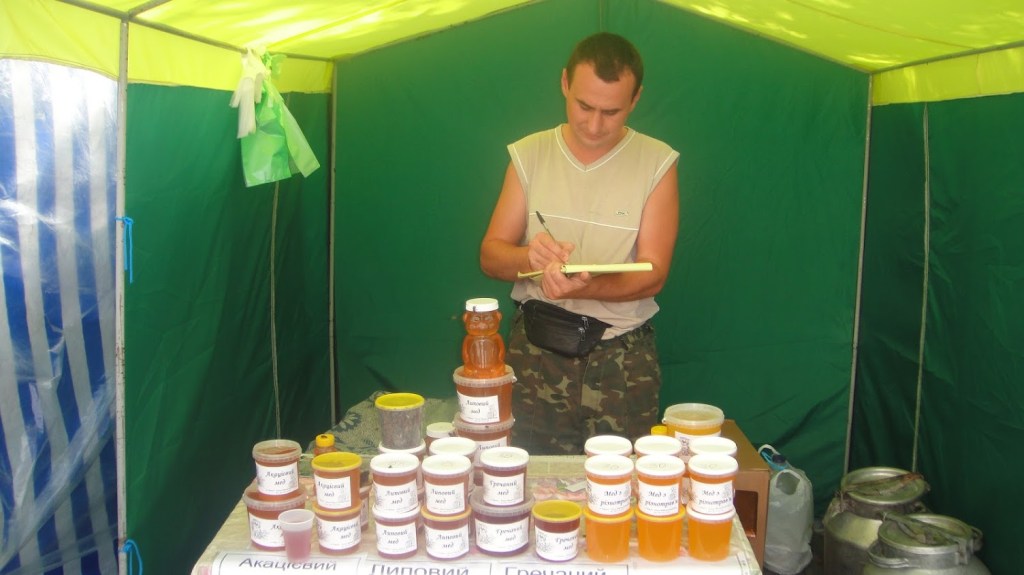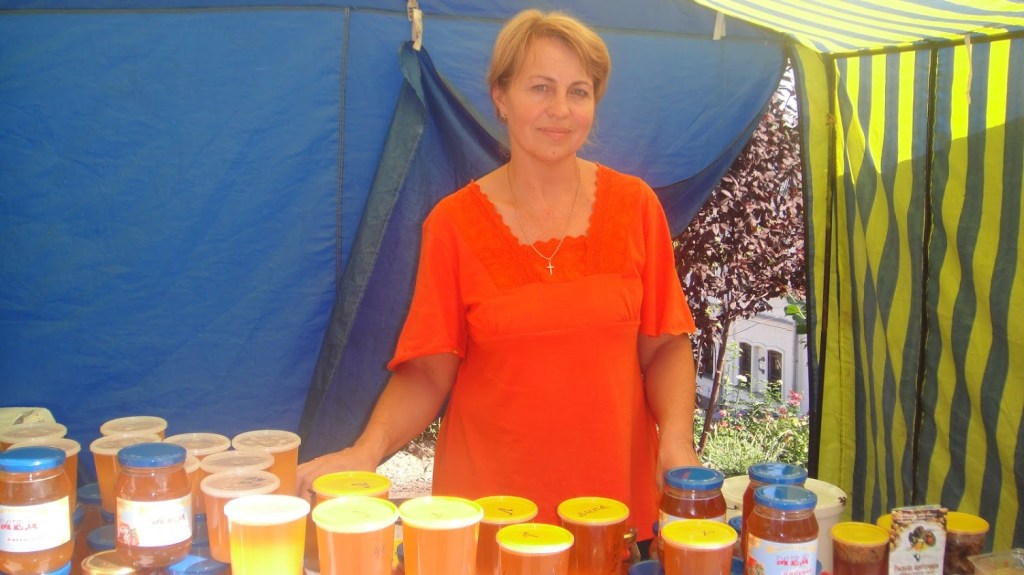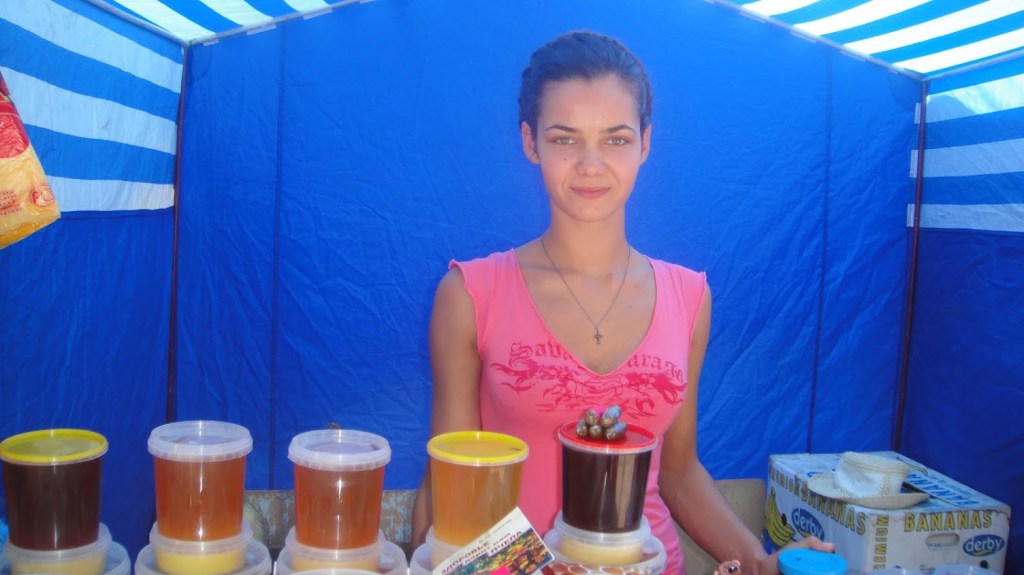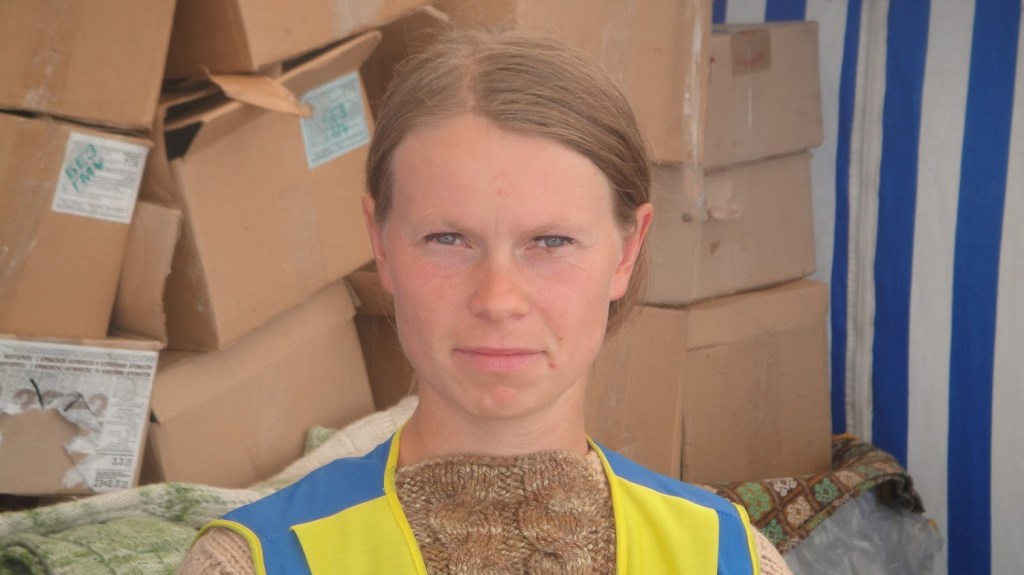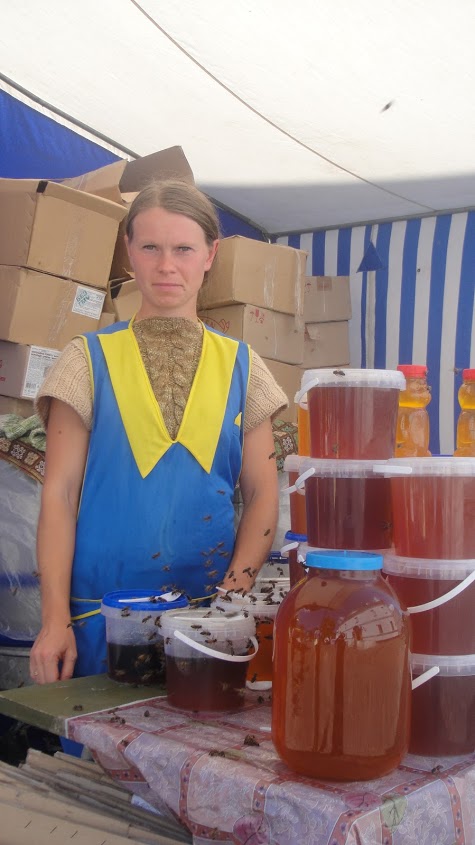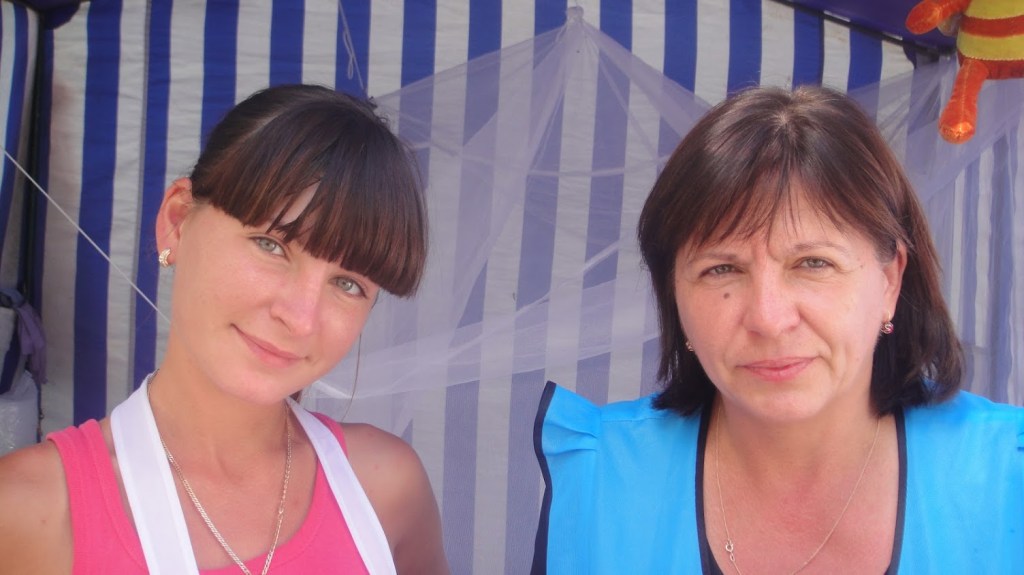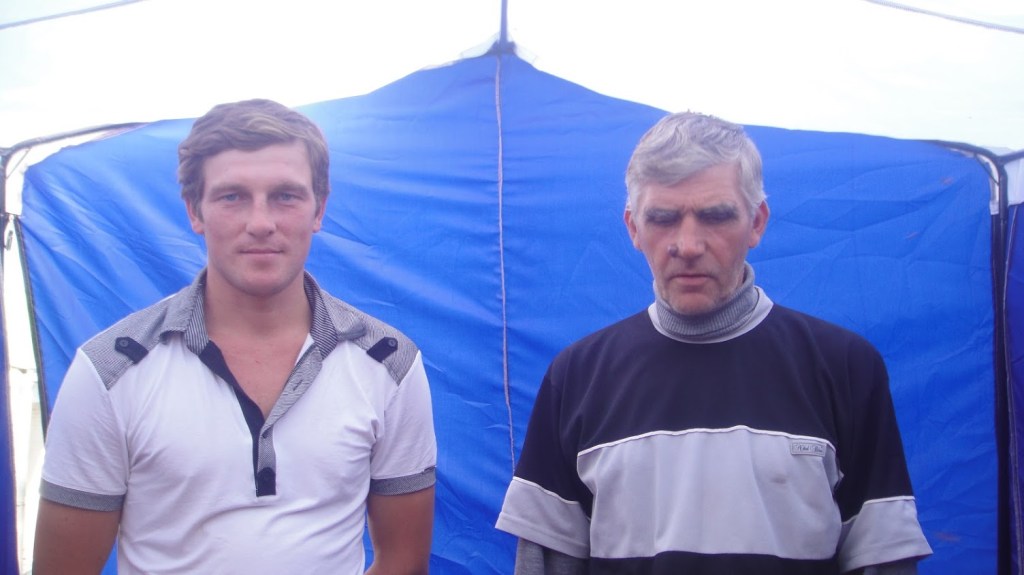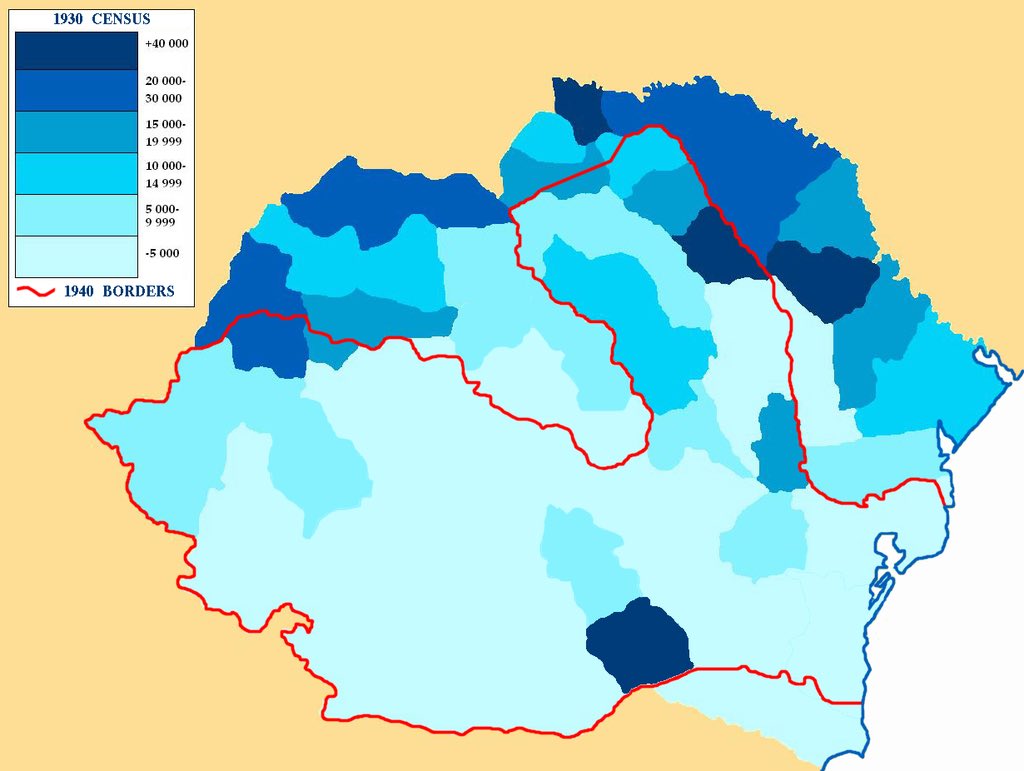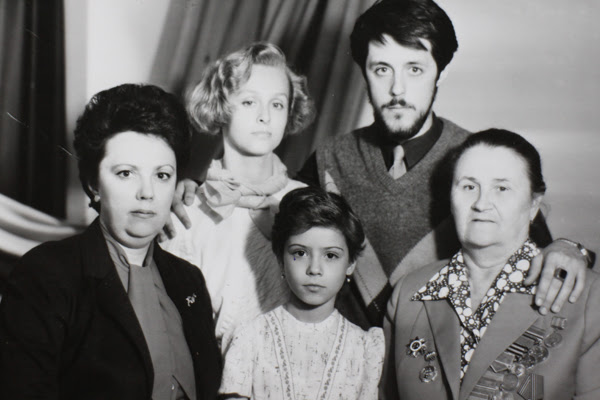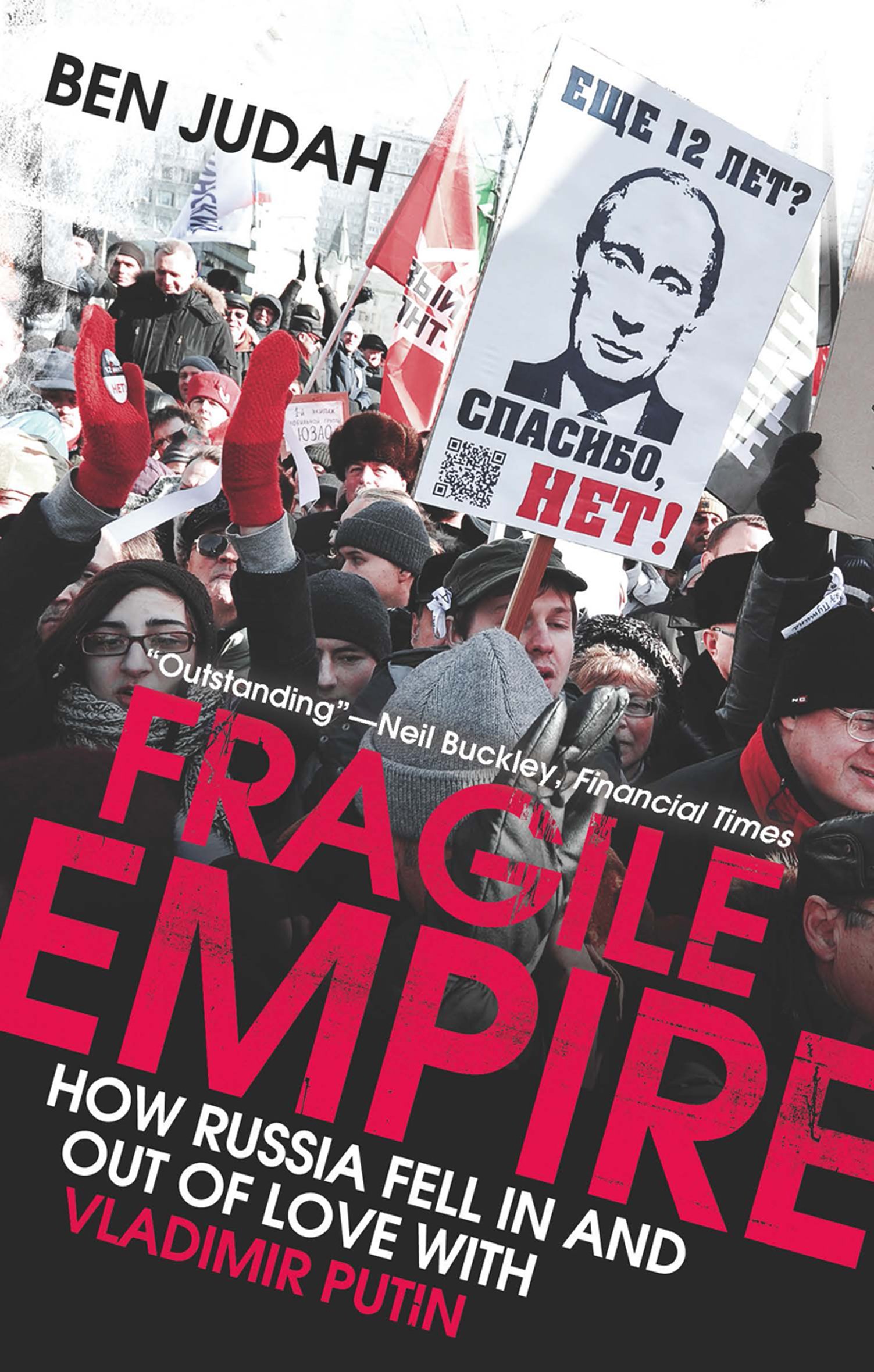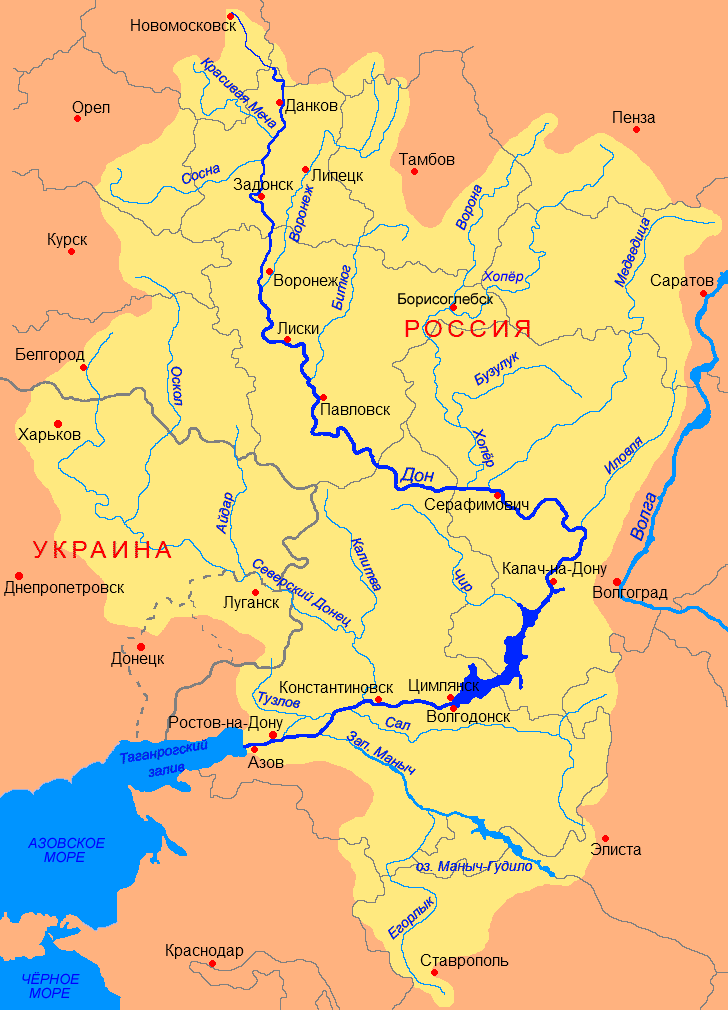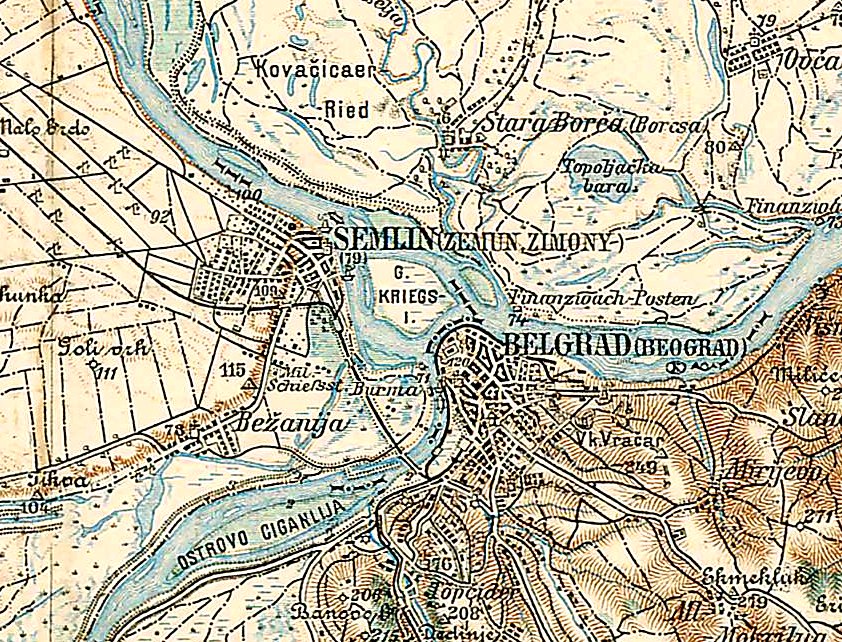 Belgrade 1905 (click)
Belgrade 1905 (click)
*****************************************************************************************************************************************************************************************************************
“Post”-something. Not post-apocalyptic or Blade Runner-ish or all the nonsense that people used to write about the city in the nineties or after the war (when, maybe, I don’t know, it did feel like that), but definitely the sense that something is over and no one has any real idea of what this is now or what’s coming next. A certain optimism about the future though, which is probably just an inherent trait of its inhabitants, both leavened and sobered by the kind of biting black humor that’s not the only thing that reminds me of Russians.
******************************************************************************************************************************************************************************************************************
You’re already one foot out of, or may have already left the Balkans here. This was particularly striking to me after seeing so much of the southern Balkans just a month or so ago. Where I have come from, I mean, to compare to? Argyrocastro is an Ottoman jewel in stone; Ochrid a truly archontiko little city. The rest: Tirana, Podgorica, Tetovo, Skopje, the garish hideousness of Priština; were all obviously Ottoman wood-and-plaster hovels until the communist cement blocks went up.
Here you’re in Mitteleuropa already, in a city in that never was — except for temporary occupations — but could’ve been, a handsome Hapsburg town. It’s most beautiful from the opposite shores of the rivers that hem it in all around, with the city high on the bluffs overlooking its entire region. It reminded me of Kiev a little in this sense, though a much more recent city in terms of basic architectural stock and without Kiev’s glut of spectacular Baroque churches; in fact, until the first Serbian uprisings of the early nineteenth century, the population was predominantly Muslim. (Actually there’s hardly any religious architecture of any quality or beauty at all. There’s the small, pretty Baroque cathedral of the city just outside the walls, in what was probably the suburb where Christians were allowed to live in Ottoman times and that’s about it. All the city’s other churches that I saw are these genuinely grotesque Neo-Serbo-Mediaeval monstrosities of Orthodox nationalism; the kind they’re building all over Greece now too.)
Knez Mihailova and Kralja Petra Streets — the main pedestrianized drags — and the Cathedral spire at bottom. (Click on all)





******************************************************************************************************************************************************************************************************************
But you understand a great deal about Serbian history just by standing up on the peak of the Kalemegdan fortress, the sprawling castle that covers the highest, northernmost peak of the peninsula and you realize that you’re standing on the last, frontline hill of Balkan rock, where the Danube meets a whole huge complex of river networks from north and south and that the expanse of green mixed with suburb spreading out in front of you is the beginning of the vast Pannonian plain that stretches out to the Carpathians in one direction and eventually the northern European flatlands that flow all the way to the Baltic in the other. (See map at top.) Apparently and according to Misha Glenny, the Ottomans called Belgrade the “darul-al-jihad,” the House of War (though why this wouldn’t apply to so many other places, I don’t know) and you can see how easily defensible but also temptingly assailabale the site is; it’s the one place you have to control to continue your drive either north or south.
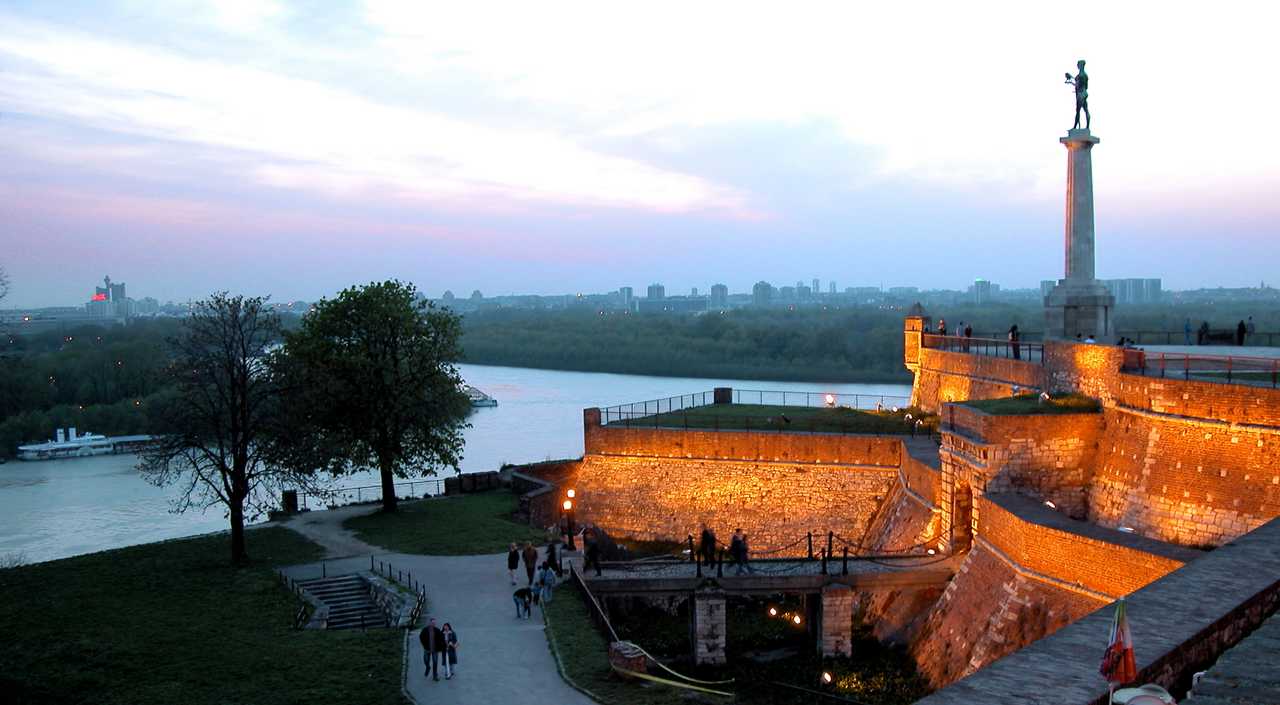 The Kalemegdan (click)
The Kalemegdan (click)
 (click)
(click)
You also realize just how far north – when you think that Stefan Dušan’s empire stretched as far south as the Gulf of Corinth and he often held court east of Salonica at Serres – the center of gravity of the Serbian nation has shifted over the centuries, to lands so completely different, even ecologically, the flora and fauna, that it becomes easier to isolate a glorious mediaeval past in some mythic compartment in the nation’s head – the two sides of the Aegean, in our case, for example, were never so different – and that that can have all sorts of psychological consequences. I’m, of course, thinking of Kosovo mostly, but more on that later…
 Stefan Dušan’s empire at its height (click)
Stefan Dušan’s empire at its height (click)
******************************************************************************************************************************************************************************************************************
Lots of leafy attractive streets, at least in the neighborhoods that stretch immediately south and east of the Kalemegdan. Funky sidewalk cafes and bars. Only a couple of very late nineteenth-century neo-classical structures. Most of the city seems to be a twentieth-century creation: attractive Art Nouveau and Art Deco apartment houses; some later stuff that could kind of be described as late Bauhaus-y even, like some neighborhoods of Tel Aviv; more proof that Yugoslavia was far cooler than any other communist country and more reason to be pissed off that things ended they way they did. A certain shabbiness, that I thought only added to its charm, but that made me wonder what’s going on economically. There’s way too much high quality housing stock in potentially high quality neighborhoods sitting there looking empty and uncared for and under the right circumstances the whole place seems primed to launch into a massive gentrification and real estate boom. If I had any extra cash lying around I’d buy something now. In any event, for a city that’s been beaten up badly three times in less than a century – maybe not as bad the third time but in a manner just as morally reprehensible – it’s looking ok.
(Click on all)
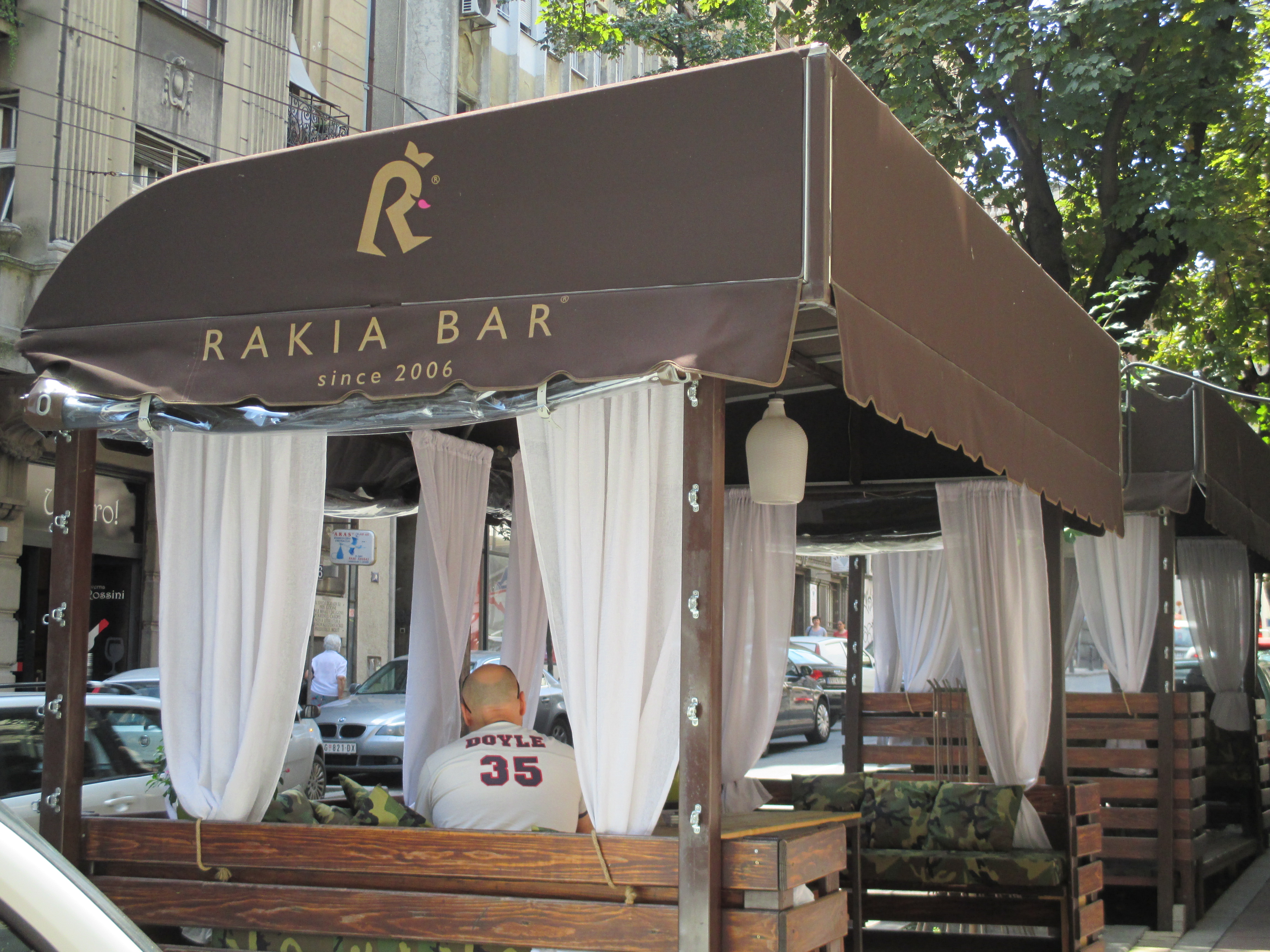 The Rakia Bar, my favorite spot in all of Belgrade, delicious rakia made from anything imaginable, quince was my favorite, lugged three bottles of it with me, supposedly to share with friends in New York, but they all got swilled down in Russia. The Rakia Bar is the site of the famous: “…rakia with M., and what’s with me and all the Djoković… “ post from July. (I think whether you say ‘rakia” or rakija” is a regional dialect difference, with the palatization that the “j” represents more common in “south-western” dialects: — western Bosnian, Herzegovinan, Montenegrin. — but not sure. I know that “river” is “reka” in some regions and “rjeka” in others.)
The Rakia Bar, my favorite spot in all of Belgrade, delicious rakia made from anything imaginable, quince was my favorite, lugged three bottles of it with me, supposedly to share with friends in New York, but they all got swilled down in Russia. The Rakia Bar is the site of the famous: “…rakia with M., and what’s with me and all the Djoković… “ post from July. (I think whether you say ‘rakia” or rakija” is a regional dialect difference, with the palatization that the “j” represents more common in “south-western” dialects: — western Bosnian, Herzegovinan, Montenegrin. — but not sure. I know that “river” is “reka” in some regions and “rjeka” in others.)









And some of the city’s few remaining Ottoman-era, or at least Ottoman-style, buildings. The top being the residence of some saint or something — the bottom the royal residence of some Obrenović mistress I think. Very uncharacteristically of me, I just wasn’t into too much historical research while there. The city is just too much fun.

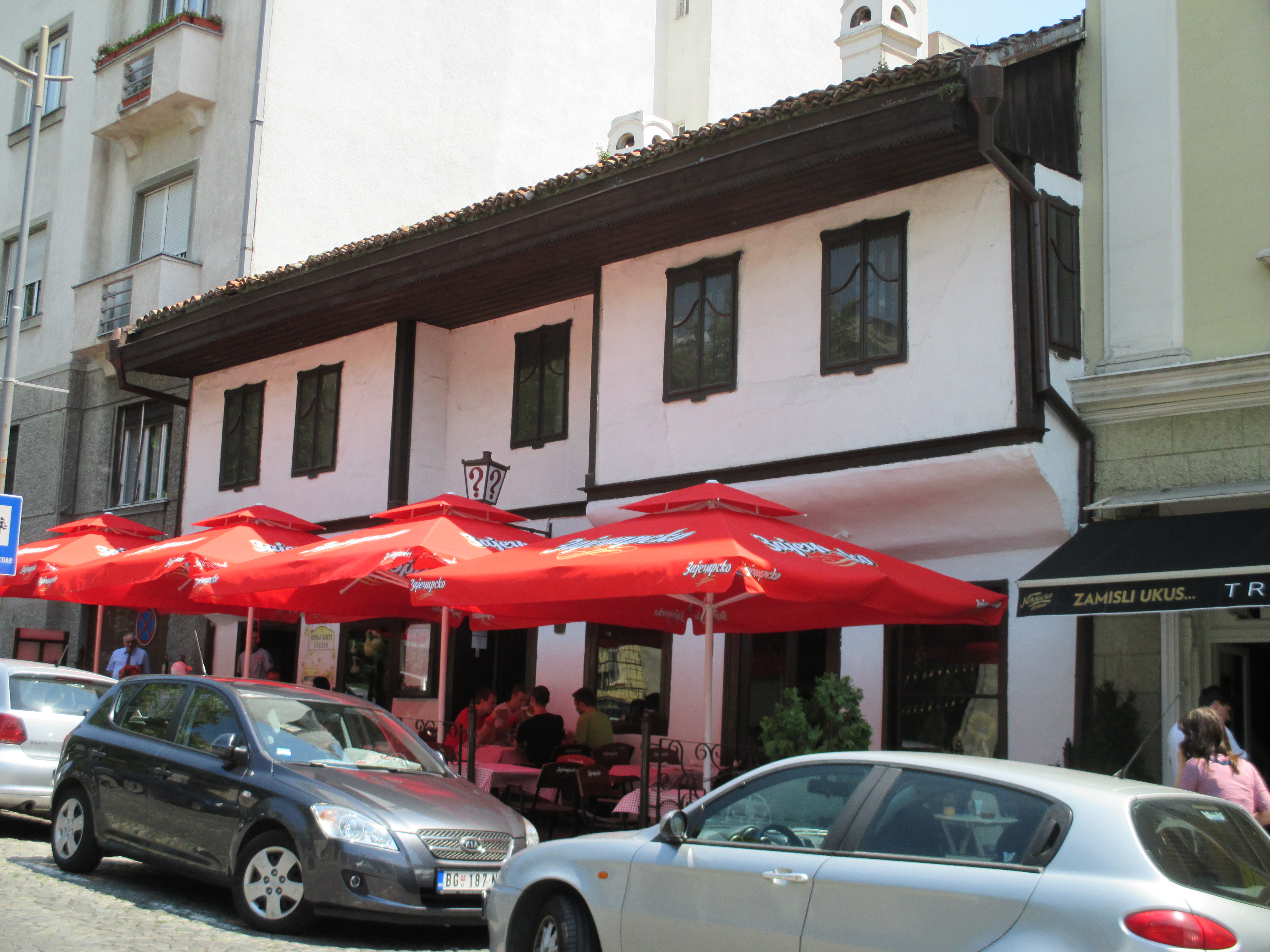
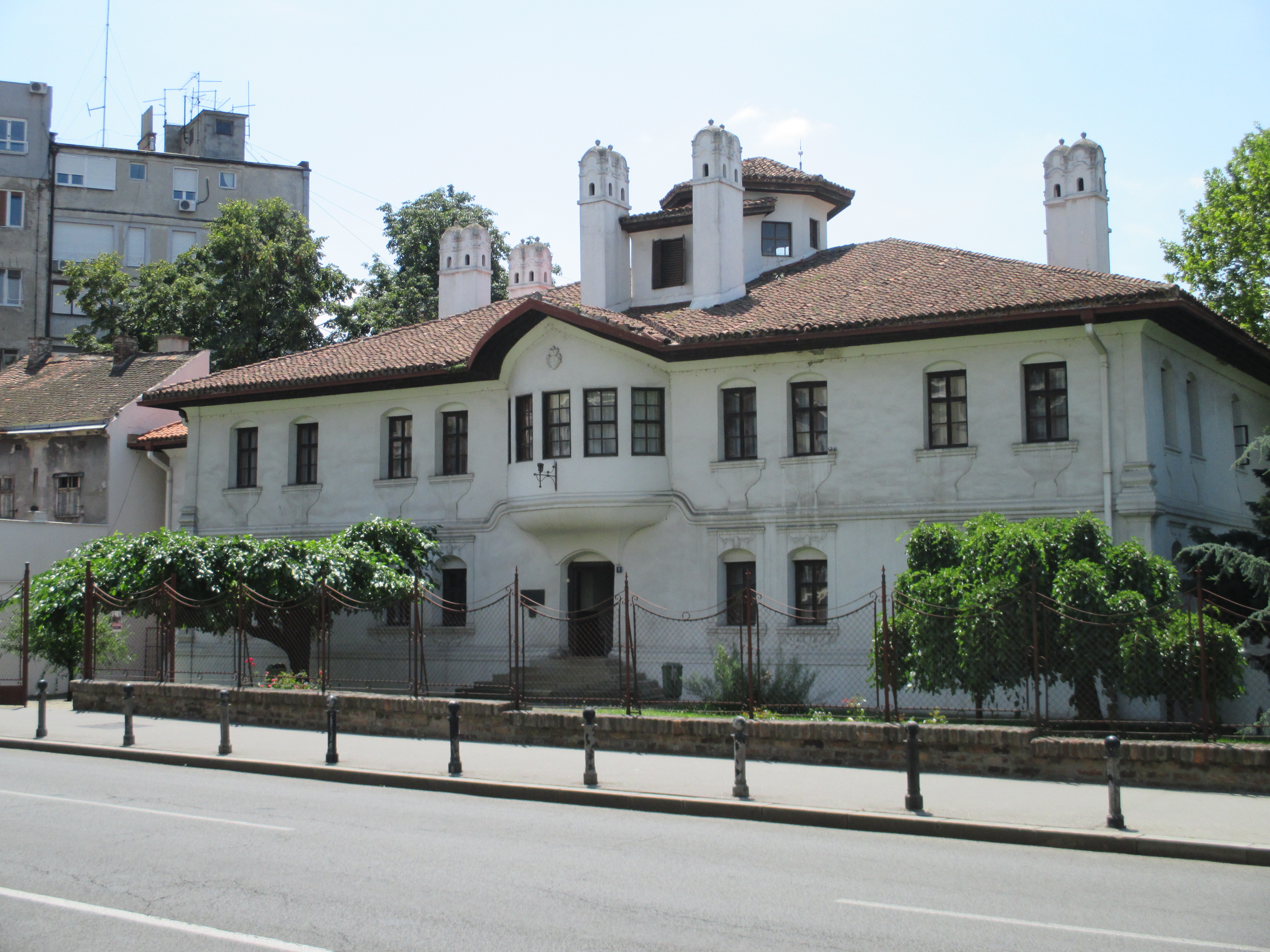
******************************************************************************************************************************************************************************************************************
The food is great; predictable but always competent and consistently delicious. A bodybuilder’s paradise: every plate comes piled so high with a mountain of grilled protein that no normal-sized person can be expected to pack it away, but appetites here, in every sense, are big. A vegetarian’s nightmare: and if you persist in your adherence to that silly creed, expect to eat a lot of very good tomatoes – in the summer at least – with huge grated piles of a great cheese they have that’s somewhere in the middle of the spectrum between feta and brindza. If you’re a vegan…and/or have gluten issues too so you can’t eat the great bread either or even try the börek, then maybe arrange for sessions to be fed intravenously at a local hospital or just don’t come at all.
(Click on all)




******************************************************************************************************************************************************************************************************************
On the sign and menu of an otherwise sedate, old-fashioned feeling Bosnian restaurant with great ćevapi, the ubiquitous little köfte, a homey cellar place that feels like an old Moscow traktir or something… If anyone can explain the symbolic intention behind it, they get my Umberto Eco semiotics award for 2014. Really, can anyone tell whether this is supposed to be a joke or not?
(Click on both)
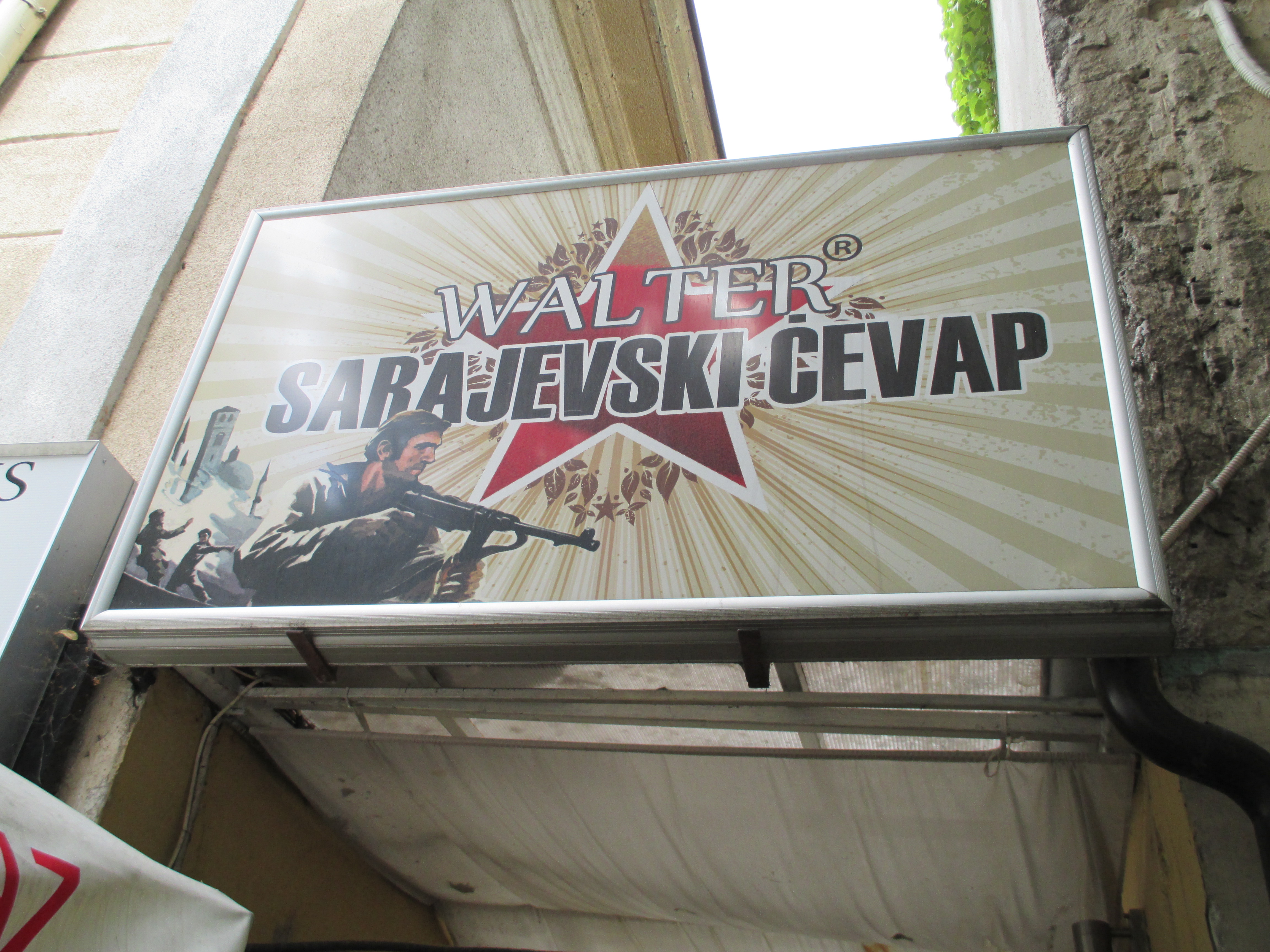

******************************************************************************************************************************************************************************************************************
Much more in keeping with Serbs’ smart, cerebral, black humor: this t-shirt, marking the hundredth anniversary of the start of WWI, which I thought was priceless: “It’s a matter of Princip.” Fantastic…
(Click)

******************************************************************************************************************************************************************************************************************
The language is – excuse my language – a total hard-on. I’ve already got my affinity for Slavic phonemes from my Russian days — though sometimes it seems they came out of the womb with me – and on top of it it’s tonal, too, with rising and falling stress and long and short vowels like classical Greek. The combination is magically sexy and something I could listen to for hours dumbly without understanding barely a word. It also makes it, unless you’ve dedicated some serious study to it phonetically, almost impossible to pronounce correctly. The street I lived on was called “Dobračina,” for example, in Dorćol (from the Turkish “dört yol” — “four roads.”) And taking my cues from my Russian, which is really no great help since it has free stress and constantly surprises you also, I would say: “Do-bra-či-na.” But whenever it was repeated back to me it sounded like “Do-bra-či-na” or “Do-bra-či-na” or even some combination of both, but never like what I had said; the lack of dynamic stress makes it sound like emphasis comes scattered in varying degrees of strength all over a word and not just on one syllable. Tempting to take it up. But I have to resist NikoBako tendencies to scatter my energies all over the place at once and never quite acquire full mastery of anything. Maybe later.
******************************************************************************************************************************************************************************************************************
The place’s greatest pleasure is its people. They have a quality that I’ve always struggled to express in English but is nearly impossible and makes me constantly have to resort to other languages. The somewhat dated Spanish “altanero” works – “alto” is your cue there – as does the more popular term still in use in Spain, the complex of traits referred to as “majo,” which I’ve tried to describe several times elsewhere (such as in this post: “Un Verano en Nueva York“). “Αγέρωχη” works, the word Cavafy uses to describe Anna Comnene, which Keeley and others, I think, mistakenly translate as “arrogant” or “haughty,” but which for me means something like “breezily confident” and again could almost be a cognate for the Spanish “airoso.” But it’s a type of confidence that isn’t entirely about your ego, but one that obliges you to be open and generous and welcoming with others as well. The media and its pundits have fed us so much crap since the nineties about Serbs’ pathological and self-aggrandizing sense of their own heroism, that it’s impossible to even tell what’s true or not. But if they are that conscious of their heroic mantle, they certainly wear it lightly, like a people who have nothing to prove to you or really could give a shit about what you think of them. This means almost none of the tough guy, hyper-butchness we might be conditioned to expect. In fact, despite the borderline cockiness, women and men are almost always polite and unfailingly warm; sweet and tender even, like Russians when they get in their Russian moods. And with Serbs you don’t have to pry off the cast-iron mug first to get to the sweet part like you have to do with Russians.
******************************************************************************************************************************************************************************************************************
One great thing about Serbian women, aside from leggy and sexy and gorgeous and everything else you’ve heard: they’re real pals. This is going to sound totally sexist to some, but I didn’t mind the first time I was called sexist in my life and it certainly won’t be the last. They have this uncanny ability to hang out comfortably with guys. They’re not cloyingly clingy. They don’t demand attention through passive-aggressive silence or sulking and they speak freely but without forcing themselves into the center of the conversation. It’s not an attempt to ingratiate themselves with their man or his friends. It’s simply this extremely attractive capacity to go along with the rhythms and patterns of male camaraderie without sacrificing any of their femininity. Serbian men should consider themselves extremely lucky.
******************************************************************************************************************************************************************************************************************
And on a related and final note: it’s not a myth; it’s a fact that I’m sorry to report is true. One out of three people you pass on the street deserves a head-turn and a second looking-over; you simply can’t stop yourself. One out of…I dunno, I’m just stupidly throwing out numbers here…six or seven…or at least one person in every kompaniya/parea or “ekipa” let’s say, are simply knock-outs: tall, long-and-strong-limbed, great noses, good jaws and a higher percentage of crazy green-hazel eyes than I’ve seen in any other country. It’s dizzying. And they know it too and there’s no false humility about it either and of course that only concentrates the effect.
Sorry, only the one pic below, which isn’t even mine. I’m still too shy to photograph people without having a press i.d. round my neck.
Anyway, there are places you go to and say: “That was nice…” and then they go into your travel archives. And then there are places that you know, as you’re leaving, you’re not finished with. Belgrade I’m not finished with.
 (click)
(click)
–
Comment: nikobakos@gmail.com
–
Tags: "It's a Matter of Princip", airoso, altanero, Anna Comnene, Argyrocastro, Art Deco, Art Nouveau, Bauhaus, börek, Belgrade, Beograd, brindza, Carpathian Mountains, Danube, darul-al-jihad, Dorćol, Edmund Keeley, Gavrilo Princip, Gjirokastër, Hapsburg, Αγέρωχοι, Kalemegdan, köfte, Kiev, Knez Mihailova Street, Kosovo, Kralja Petra Street, long and short vowels, majo, Obrenovići, Ochrid, Pannonian plain, Podgorics, Priština, rakia, RakiaBar, rising and falling stress, Russia, Russians, Salonica, Sava, Serbia, Serbian women, Serbs, Serres, Skopje, Stefan Dušan, Tel Aviv, Tirana, tonal languages, Umberto Eco, Walter Sarajevski Ćevap, ćevapi





